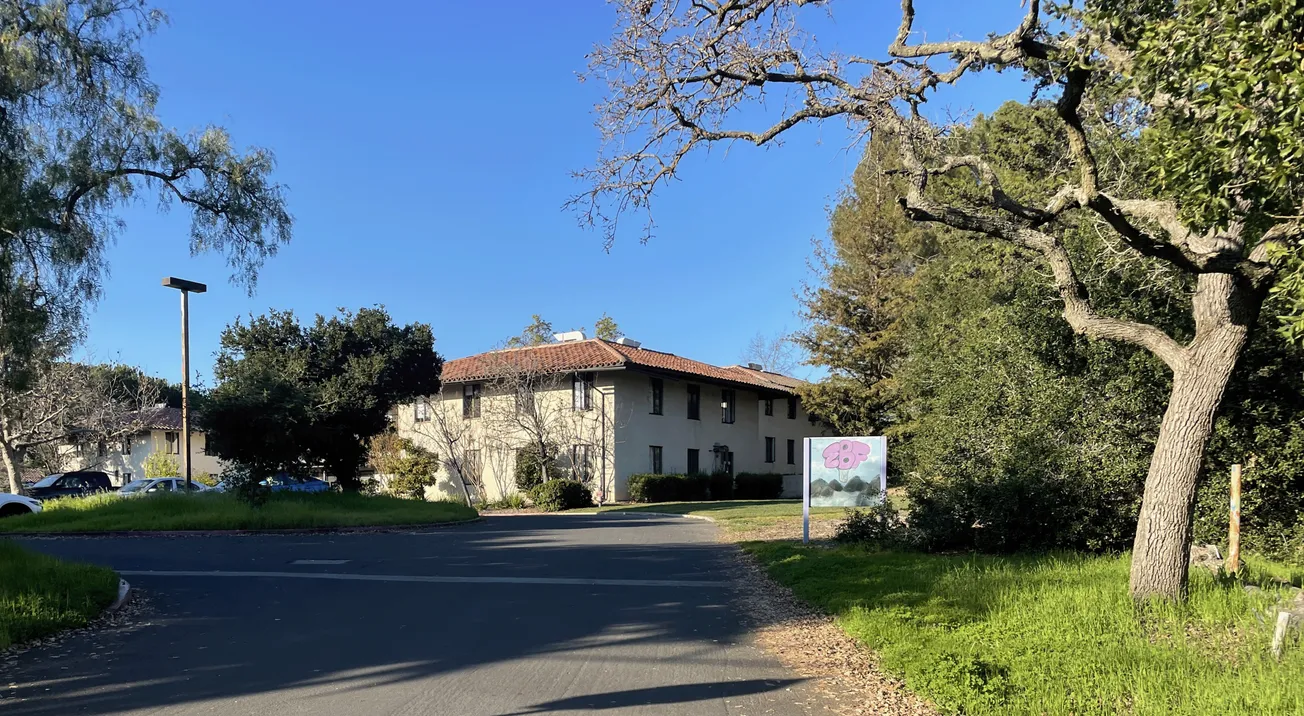Table of Contents
For several decades, colleges that prohibit ROTC and military recruitment on their campuses were supposed to have their federal funding revoked. Though given the onus to enforce this law, the Department of Defense has shied away from enforcement for decades. In 1996 the Solomon Amendment, passed by congress, forced the Department of Defense to compile a list of schools that still prohibited recruitment and ROTC.
Cheryl Miller of the Weekly Standard explored the Pentagon’s response to the Solomon Amendment in a recent article. She reports that, “By a quirk in the law’s language, [the Pentagon] could simply choose not to ask universities if they were compliant with the law in the first place.”
Thus, the Department of Defense has never really asked Stanford about its stance on ROTC and recruiting on campus. In fact, Miller points out that if the military hints at its desire to start ROTC at a school like Stanford, then it risks accidentally being told (by the school) about the school’s non-compliance policy, in which case the military would have to report the school as per the Solomon Amendment.
Naturally one wonders why the Department of Defense doesn’t use the Solomon Amendment to force its way onto campuses (assuming schools care enough about their federal funds to succumb). Miller explains that, “Given the level of cooperation between a university and the military needed to make an ROTC program work, it’s understandable that the Pentagon does not want to be in the position of pushing to have a program where faculty and administrative support is lacking.”
This loophole in the Solomon Amendment allows the Pentagon to incidentally screen schools for how much they really want ROTC on their campuses, which likely affects the success of the program. But it also leaves the ROTC decision completely in the hands of the universities themselves. It would probably take an explicit declaration from Stanford University that ROTC is permitted on campus before the Department of Defense would ever consider bringing up the idea with the university.
Miller decries the Department of Defense for their decision not to enforce a “law of the land.” With its track record over the past 50 years, it seems unlikely that the Pentagon will take any steps to cut federal funding to schools that forbid ROTC. Thus, the decision of whether or not Stanford students have the right to participate in ROTC on their federally funded campus lies completely in the hands of the faculty senate. They are [asking for students’ opinions too](ROTC ban survives despite Solomon Amendment).




